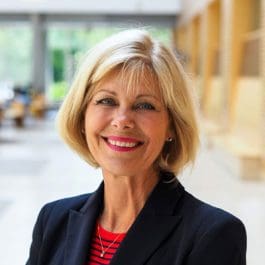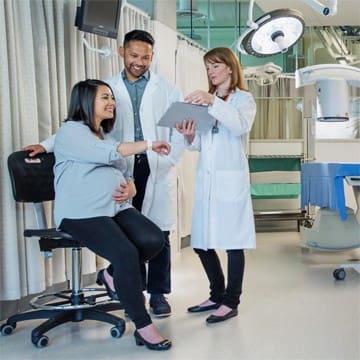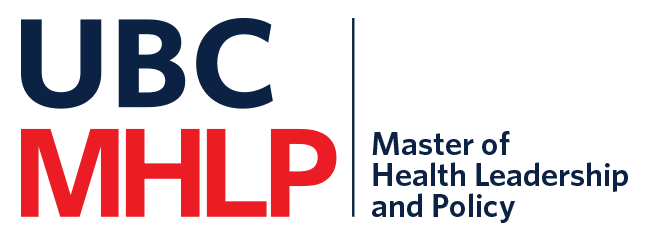In Conversation with Cheryl Segaric about the Clinical Education program

Dr. Cheryl Segaric is the program director of the Master of Health Leadership and Policy (MHLP) in Clinical Education. We spoke with her about the program and how it develops the leadership potential of health-care professionals.
How does the MHLP in Clinical Education differ from other master’s programs?
There’s a significant demand for leadership in health care. Among other things, being a leader in this sector requires the ability to bring together multiple viewpoints, and the MHLP in Clinical Education does this by pulling together perspectives in health care, management and leadership.
Students take courses through the School of Nursing on clinical education, policy development and research- and evidence-based practice. This is complemented by courses in organizational leadership, project management and business through the Robert H. Lee Graduate School of Business. It’s this dual focus that sets us apart.
Our specialization in clinical education emphasizes the importance of leaders as educators who bridge the knowledge-practice gap. Leaders share their knowledge in a range of contexts. Those who know how to do that effectively are able to make a real difference to their patients, their teams, their colleagues and their students.
Could this program be a stepping stone for health-care professionals who want to teach?
Definitely. This is an excellent program for health-care professionals who are interested in teaching in post-secondary institutions.
We are facing a significant shortage of educators – both nursing faculty and faculty within other allied health-care fields – and there aren’t many programs specifically focused on practitioners who are making the transition into the educator role.
The practicum is an important component of the program. What can you tell us about it?
Students complete a practicum in their final semester that enables them to apply everything they’ve learned during their program to a specific project in a clinical setting. This is an outstanding experience for our students, who have the opportunity to engage directly with our practice partners and expand their professional network.
Students speak very positively about the practicum because they’re able to make a difference in areas they are passionate about. It enables them to gain the work experience to pursue new positions or new responsibilities after graduating. Their knowledge, skills and experiences all come together in a way that is immediately applicable to the leadership and educator roles they’ll be taking on in their careers.
Is there anything else you’d like prospective students to know about the program?
We’re constantly evolving in line with best practices and as the clinical education field evolves. For example, we’re exploring ways to add content on quality and safety competencies – including root cause analysis, quality assurance strategies and improvement initiatives.
January 2022 will be our fourth intake of students. Our student numbers are growing and we’re focusing on building capacity and expanding our reach. It’s been exciting to see the program evolve since it was launched in 2018 and to celebrate the success of our graduates as they move into new positions and take on new responsibilities.
Clinical Education
Develop the educational strategies and leadership skills to create caring, collaborative clinical environments.
Read MoreApplication Deadlines
Get ready to apply!
Admissions for the 2026 intake will open on January 1, 2025.
How to ApplyAssess your Eligibility
Determine if your professional experience and academic background make you a fit for your desired program.
Start AssessmentJoin us for an
Info Session
Sign up for our latest online information sessions and discover what our programs have to offer.
Sign Up NowFeatured Faculty and Staff


